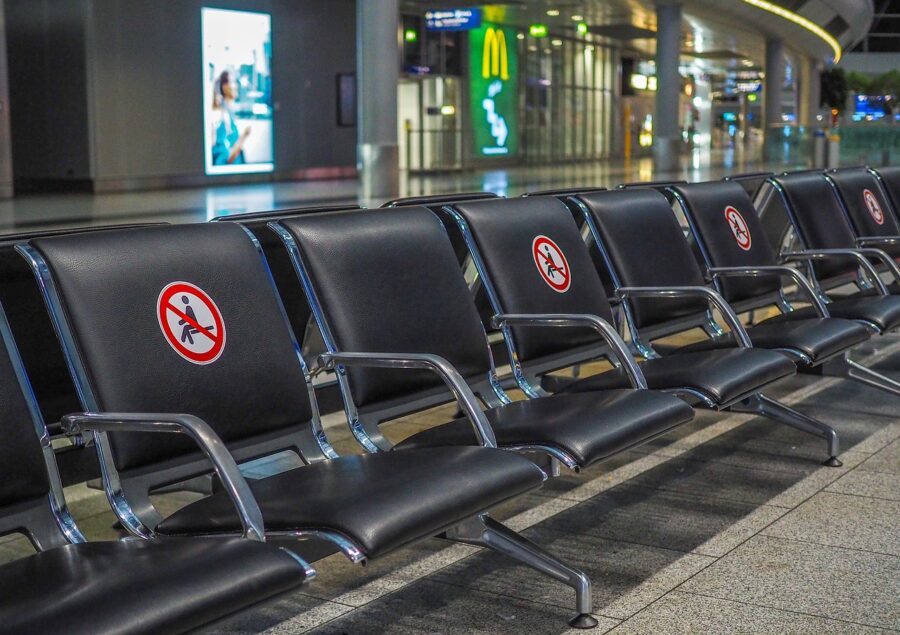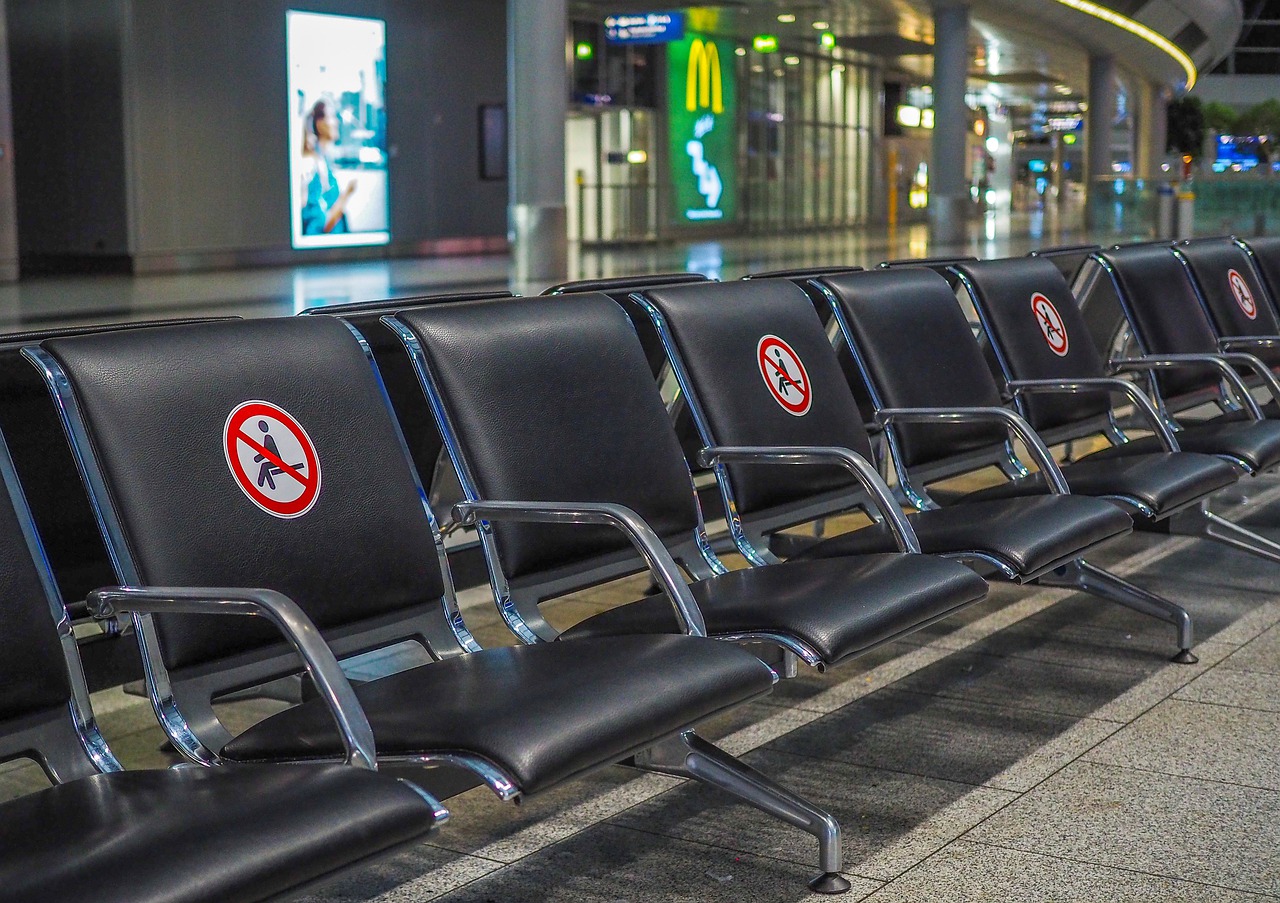
Deeply Disappointed President Calls for World to Lift Southern Africa Travel Bans
President Cyril Ramaphosa has called on all those countries that have imposed travel bans on South Africa, and other Southern African countries, to urgently reverse their decisions… and to rather help in making sure everyone gets vaccinated. “There is no scientific justification for keeping these restrictions in place. We know that this virus, like all […]

President Cyril Ramaphosa has called on all those countries that have imposed travel bans on South Africa, and other Southern African countries, to urgently reverse their decisions… and to rather help in making sure everyone gets vaccinated.
“There is no scientific justification for keeping these restrictions in place. We know that this virus, like all viruses, does mutate and form new variants,” said the President. Earlier this week, South African scientists identified a new variant of the Coronavirus that causes the COVID-19 disease. The World Health Organisation has named the variant Omicron and has declared it a ‘variant of concern’. The news led to stock markets tumbling and SA being put on Red Lists.
On Sunday, SAMA Chairperson Dr Angelique Coetzee told reporters that so far patients with the omicron variant have only displayed mild symptoms.
Speaking from the Union Buildings in Pretoria, President Ramaphosa urged countries abroad to lift their travel bans before any further damage is done to South Africa’s and the other countries’ economies, and to the livelihoods of its people.
On Sunday afternoon, the South African hospitality and tourism industry revealed that they have already lost over R1-billion in travel bookings for travel between December 2021 and March 2022 in the past 48 hours, because of cancellations caused by bans following news of the new Covid-19 variant, Omicron.
Addressing the nation on Sunday evening – on the progress in the national effort to contain the COVID-19 pandemic – the President said the Omicron variant was first detected in Botswana and subsequently in South Africa, and scientists have also identified cases in countries such as Hong Kong, Australia, Belgium, Italy, the United Kingdom, Germany, Austria, Denmark and Israel. Almost all of the cases identified so far have been in people who recently travelled to southern Africa.
Countries that have imposed travel restrictions on South Africa include the United Kingdom, United States, European Union members, Canada, Turkey, Sri Lanka, Oman, the United Arab Emirates, Australia, Japan, Thailand, Seychelles, Brazil and Guatemala, among others.
“We are deeply disappointed by the decision of several countries to prohibit travel from a number of Southern African countries following the identification of the Omicron variant,” said the President.
“This is a clear and completely unjustified departure from the commitment that many of these countries made at the meeting of G20 countries in Rome last month.”
President Ramaphosa said they had pledged at that meeting to restart international travel in a safe and orderly manner, consistent with the work of relevant international organisations such as the World Health Organisation, the International Civil Aviation Organisation, the International Maritime Organisation and the OECD.
The G20 Rome Declaration noted the plight of the tourism sector in developing countries, and made a commitment to support a “rapid, resilient, inclusive and sustainable recovery of the tourism sector”.
The President said the travel restrictions are “unjustified and unfairly discriminate against our country and our Southern African sister countries”.
“The prohibition of travel is not informed by science, nor will it be effective in preventing the spread of this variant. The only thing the prohibition on travel will do is to further damage the economies of the affected countries and undermine their ability to respond to, and recover from, the pandemic,” he said.
Severe forms of variants increase significantly where people are not vaccinated
He added that the likelihood of the emergence of more severe forms of variants is increased significantly where people are not vaccinated.
“That is why we have joined many countries, organisations and people around the world who have been fighting for equal access to vaccines for everyone. We have said that vaccine inequality not only costs lives and livelihoods in those countries that are denied access, but that it also threatens global efforts to overcome the pandemic.”
President Ramaphosa said the emergence of the Omicron variant should be a wake-up call to the world that vaccine inequality cannot be allowed to continue.
“Until everyone is vaccinated, everyone will be at risk. Until everyone is vaccinated, we should expect that more variants will emerge. These variants may well be more transmissible, may cause more severe disease, and may be more resistant to the current vaccines.
“Instead of prohibiting travel, the rich countries of the world need to support the efforts of developing economies to access and to manufacture enough vaccine doses for their people without delay,” said President Ramaphosa. – SAnews.gov.za
